The Farm Relief Service Network (FRS) is recruiting to fill 65 full-time roles at the Ploughing. “What we’re trying to do is plan ahead for spring,” says FRS Network CEO Peter Byrne. “We’re expecting an increased demand again this coming spring for additional operators. We’re looking at changes that are likely to take place over the next year and we’ve been talking to Teagasc about facts and figures in relation to this, having identified that there are going to be increased demands.”
Peter says this is due, for example, to farmers moving from milking, say, 80 cows on their own to where they’re going to milk 120 or 130 cows and will require additional labour units to do that.
Will there really be a capacity to pay additional labour units, however, given the current price of milk?
“Farmers are going to look at everywhere they can save money, but there are some areas they physically can’t cut back on,” says Peter.
“Farmers need to bring in help – particularly in spring time – because if they don’t, other aspects of the job and their personal health may suffer. People can’t be expected to work around the clock during calving season and everything else,” he explains.
Peter says FRS is looking at having a core of people working with the organisation full-time. “That’s where we want to move the overall direction of the organisation: to have a combination of both full-time and seasonal work,” he explains.
Although FRS wants to be seen as a more attractive long-term career option for people, Peter says a certain number of FRS jobs will always be seasonal.
But how is FRS going to provide 65 jobs all-year round when the nature of farming is that some times of the year are much busier than others?
“That’s the job of our individual managers and co-ordinators in each FRS office,” says Peter. “Up until now we have obviously confined ourselves to working directly on farms, whereas if we have some staff who are full-time employees, we can maybe look at other agribusinesses related to farming.”
Once candidates are identified and deemed to be suitable, they will be put through a new training programme until demand comes in, and they will be paid a training rate for that period. FRS does note, however, that if it identifies people who are already very skilled with plenty of experience, they will be put through an assessment rather than training.
Seasonal work
Peter is keen to stress FRS will still be available as a seasonal option. FRS identifies particular groups of candidates it feels would be particularly suited to seasonal work with them.
These include those who are part-time farming themselves and want to supplement their income, women with a farming background who are maybe working within the home and have a few hours to spare, or college students working at weekends.
“We could even have a young person who’s working with their parents on the home farm who has time to give to this,” says Jane Marks, marketing manager with FRS.
“Most of the positions we hope to fill are for milkers. If candidates don’t have the experience, we’re looking for the right attitude – because we’re willing to train them and to put them through an intense programme to get them up to spec,” she explains.
Peter says most of the part-time work is in dairy farming, but they have some beef and suckler farmers who need workers to do winter feeding. Alternatively, these farmers may want additional help for days at a time where they might be doing testing or dosing animals. “On the tillage side, we’d have people looking for tractor drivers, or machine drivers, but the bulk of our work is coming from dairy farms,” he says.
Peter says candidates from a farming background would be in a very strong position compared with somebody who doesn’t come from a farming background at all, but he says attitude is the most important attribute of all.
“If you had a choice between getting somebody who has experience and a very poor attitude towards working and somebody who has no experience at all but a very good attitude, then you’d go with the attitude.”
Candidates should also be willing to learn. “It’s all to do with being really interested in the job and wanting to learn and wanting to do a good job, that’s what we mean by attitude,” says Peter.
Next Step
FRS invites candidates to come and have a chat with the managers and the staff at the FRS stand at the Ploughing (row 18, stand 409) about the roles. Ultimately, however, FRS wants everyone – those interested in full-time and part-time work; those who go to the Ploughing and those who don’t – to apply online on the FRS website using the application form, which can be found at www.frsfarmrelief.ie/careers
Apart from the drive at the Ploughing, FRS says it is recruiting practically the whole year round for both seasonal roles and full-time roles.



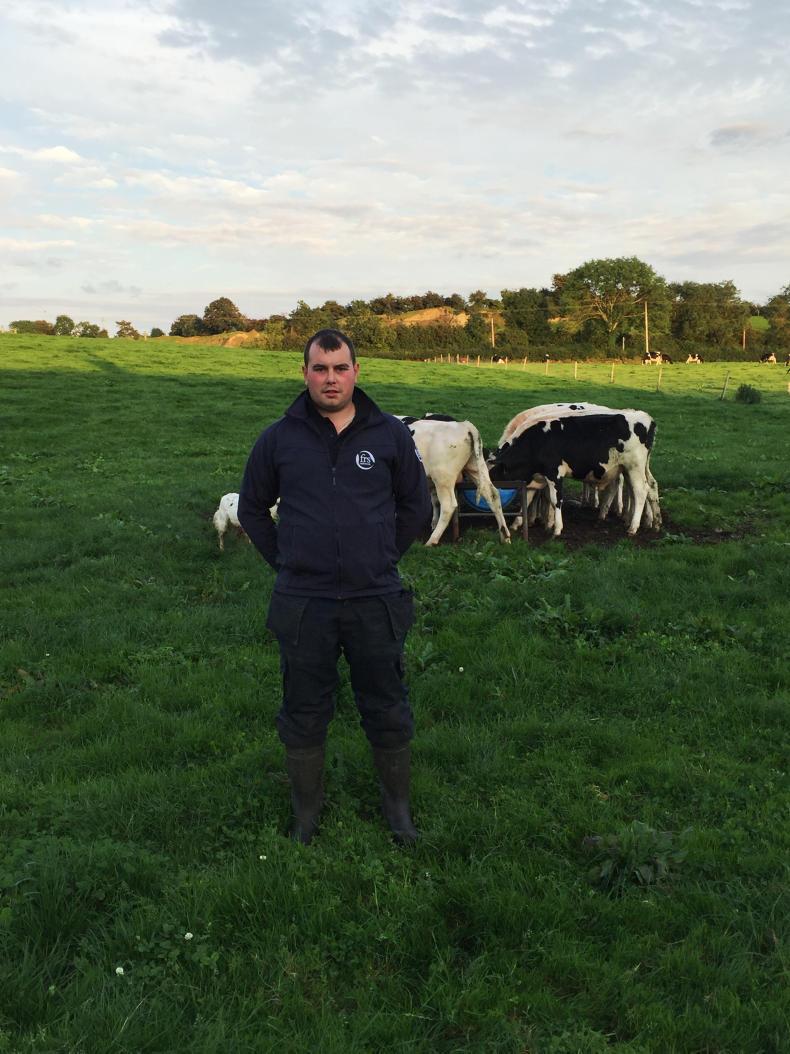
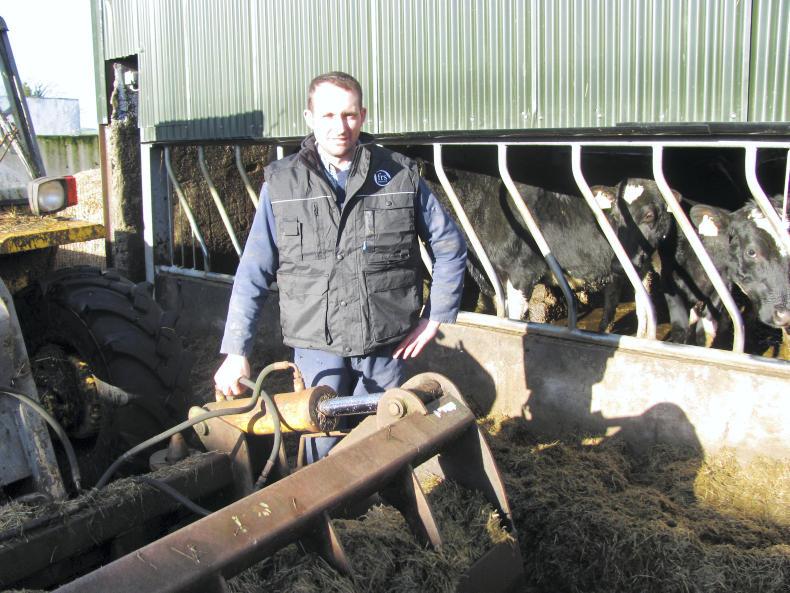
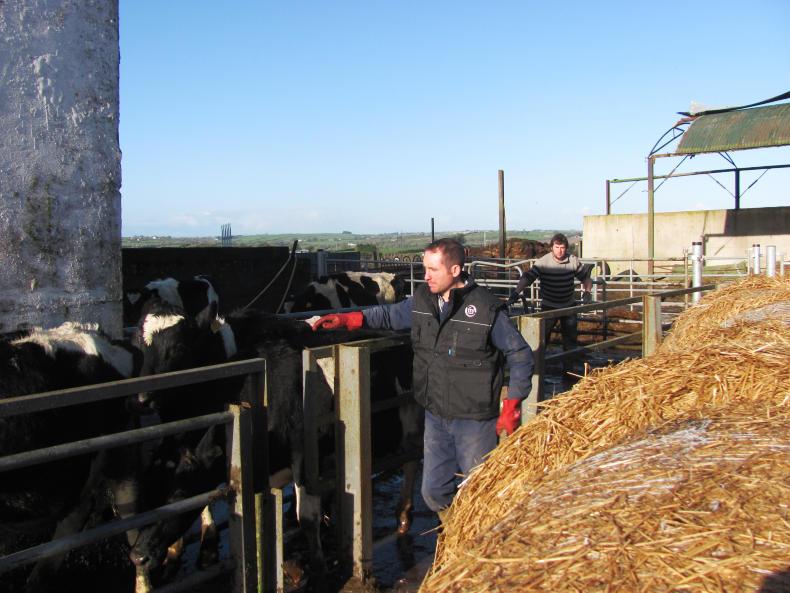

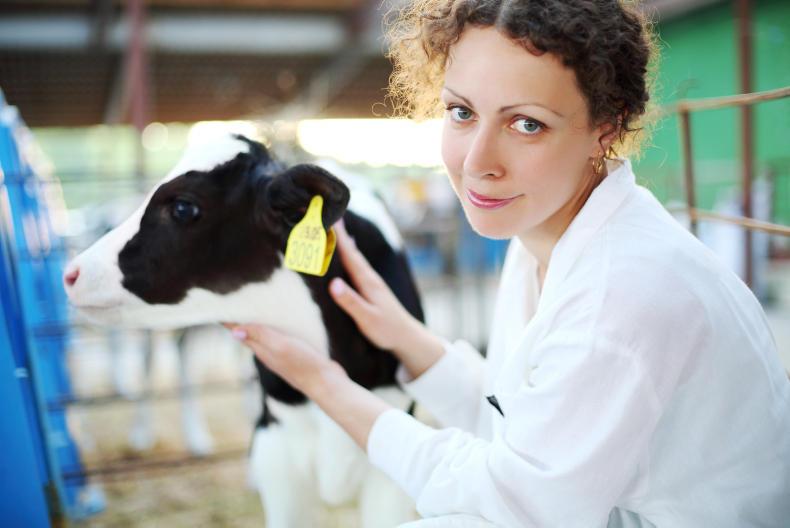
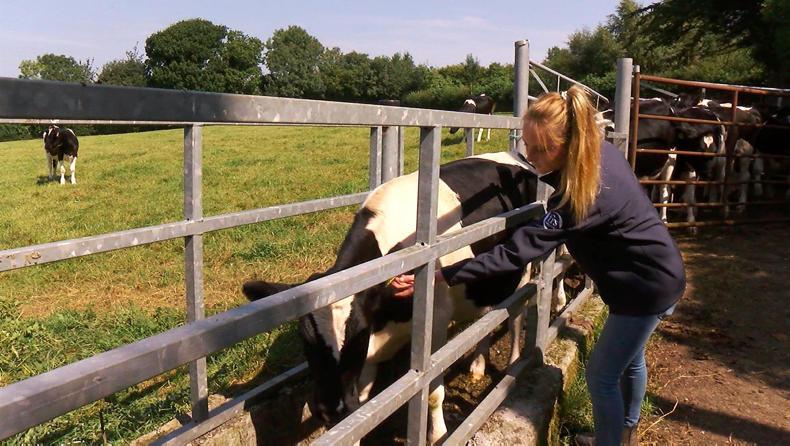
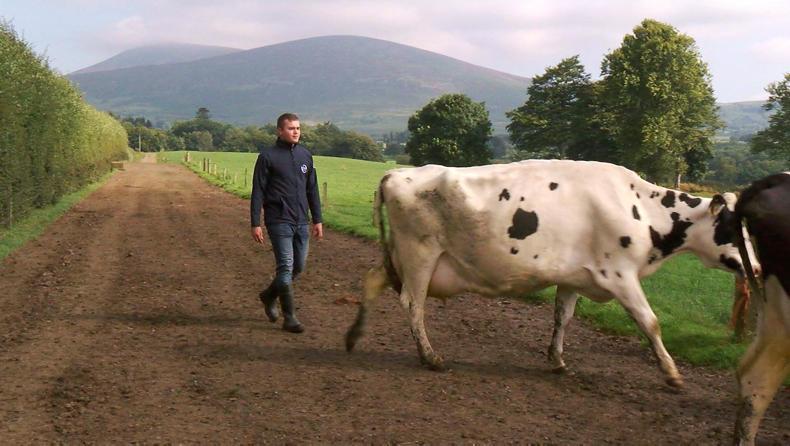
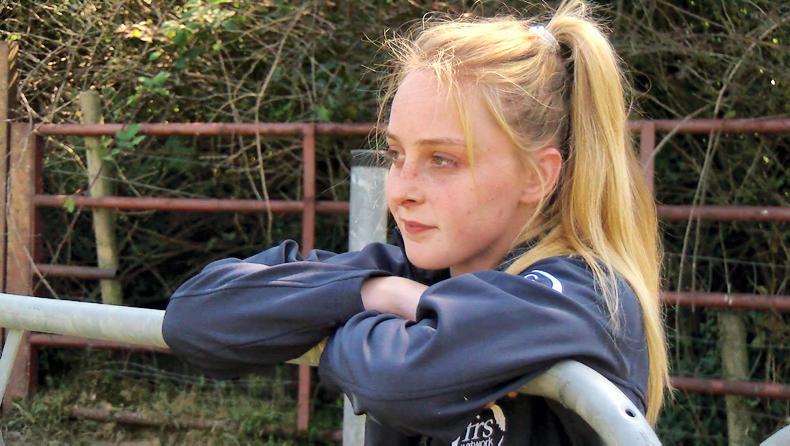
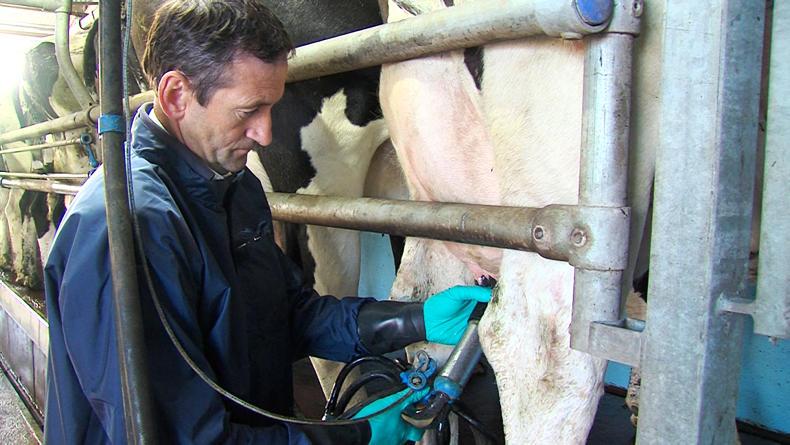

SHARING OPTIONS